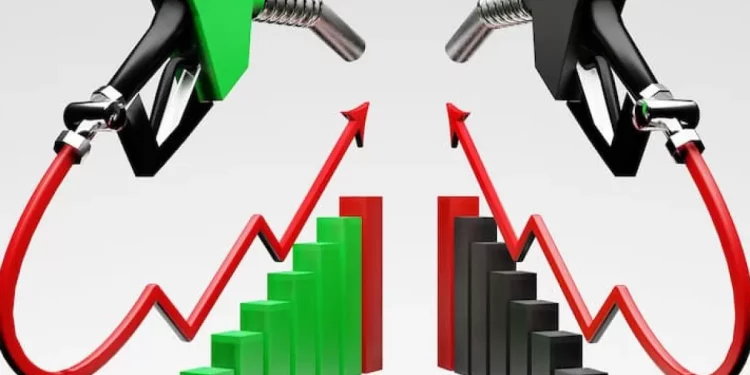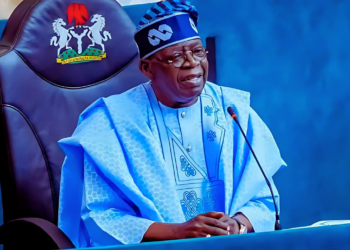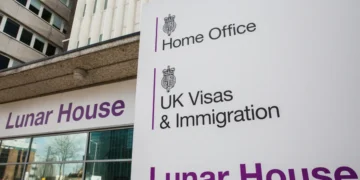Amid the ever-fluctuating landscape of fuel prices in Nigeria, an in-depth analysis of regional and temporal variations paints a vivid picture of the complexities that define this critical economic indicator.
The National Bureau of Statistics (NBS) has unveiled a comprehensive view of how fuel prices have evolved, revealing intriguing patterns across states and over the course of several years.
Navigating Through States
The latest revelation comes from the NBS Premium Motor Spirit Price Watch Report for July 2023, shedding light on the fuel price transformation across different states.
Borno State stands out with the highest average retail price for Premium Motor Spirit (Petrol) at N657.27, an amount that reflects local dynamics. Abia and Gombe States closely trail with respective averages of N643.13 and N642.22. Conversely, Edo, Kwara, and Benue States display a contrasting landscape with lower average retail prices ranging from N530.00 to N537.00.
Zonal Influences on Prices
Understanding the price tapestry extends beyond state boundaries, with regional zonal distinctions further shaping the fuel pricing landscape.
The North-East Zone takes the lead in the average retail price arena with a figure of N630.13. On the opposite end of the spectrum, the North Central Zone presents the lowest average price at N551.58, underscoring the nuanced variations in fuel costs that span the nation.
The Journey Across Years
A panoramic exploration of fuel prices requires a temporal lens, capturing the changes over the course of multiple years. The analysis highlights intriguing trends that shape public perceptions and economic realities.
A journey back to July 2022 shows that Nigerians were paying an average of N190.01 per litre for fuel. Fast-forwarding to July 2023, the shift is dramatic, with the average surging to N600.35 per litre, an exponential rise that has triggered conversations and economic considerations.
Fluctuations Within a Year
Zooming in on shorter time frames, the price fluctuations within a single year become apparent. By comparing prices from June 2023 to July 2023, the NBS report underlines a 9.99% increase in the average retail price, escalating from N545.83 to the July 2023 figure of N600.35.
These rapid changes within months capture the dynamic nature of fuel prices, where various factors contribute to the ever-changing economic landscape.
The Intricacies of Fuel Pricing
Understanding the diverse nature of fuel prices in Nigeria necessitates recognition of the intricate web of influences that shape these figures. Local dynamics, regional disparities, and the global energy market’s ebb and flow all contribute to the patterns observed.
As the nation navigates its economic course, the ongoing dialogue surrounding fuel prices remains a crucial element in steering policies that balance economic growth and public welfare.
Predicting the Future of Fuel Prices
Forecasting the trajectory of fuel prices requires a keen understanding of both domestic and international factors.
While the fuel pricing landscape is inherently unpredictable, the insights gathered from the NBS report offer a foundation for discussions about how economic policies and global market dynamics will influence the nation’s fuel prices.
As Nigerians continue to adapt to the evolving fuel pricing scenario, policy decisions will play a pivotal role in shaping the financial reality of individuals and the collective nation.












